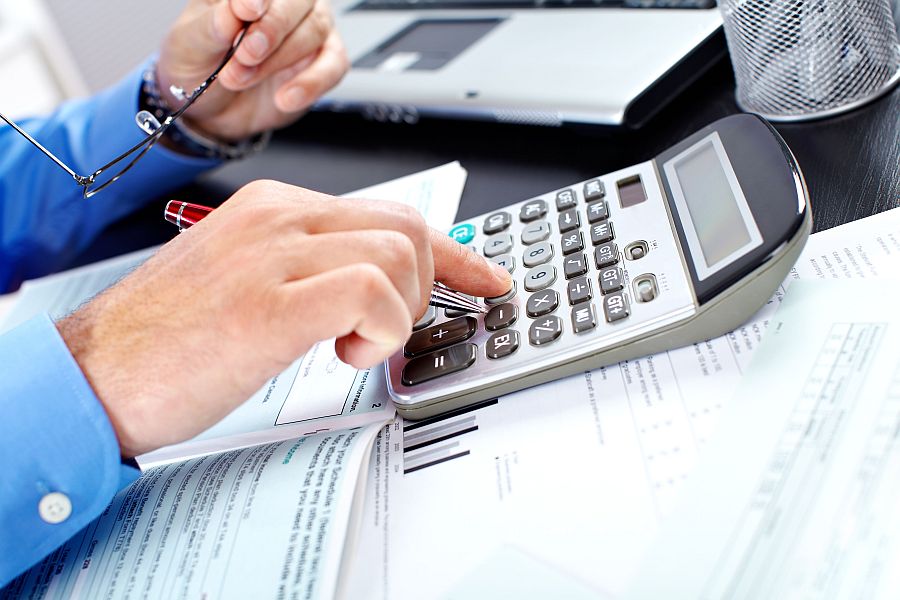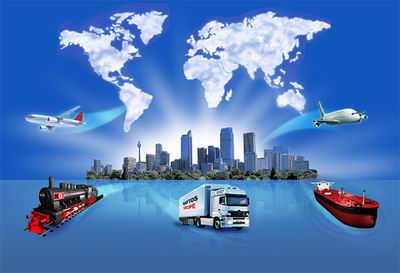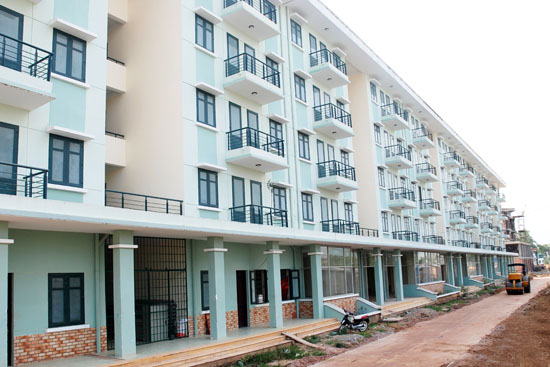"Careful consideration and caution are necessary when increasing the environmental protection tax on gasoline and oil to garner social consensus," economist Ngo Tri Long remarked.
Recently, the Ministry of Finance sought public opinion on the draft amendments and supplements to the Law on Environmental Protection Tax, in which gasoline is expected to be subject to an environmental protection tax in the range of 3,000-8,000 VND/liter. Diesel oil is also expected to increase to 1,500-4,000 VND/liter.
If the draft is approved, gasoline prices may skyrocket in 2017. Are the people and businesses ready for this significant change?
Expert Ngo Tri Long has shared his views on this draft.
"In 2010, the National Assembly passed the Environmental Protection Tax Law, which came into effect on January 1, 2012, making gasoline and oil officially subject to environmental protection tax.
The environmental protection tax rate applied from 2012 was 1,000 VND/liter for gasoline and 500 VND/liter for diesel oil...
In 2015, prior to submitting to the Standing Committee of the National Assembly a proposal to approve the increase in the environmental protection tax, the Ministry of Finance argued that it would not increase gasoline prices due to a reduction in import taxes.
On May 1, 2015, the environmental protection tax on gasoline and oil increased by up to 300%. Specifically: gasoline increased from 1,000 VND/liter to 3,000 VND/liter, while diesel oil increased from 500 VND/liter to 1,500 VND/liter... After increasing the environmental protection tax, gasoline and oil prices immediately rose.
In February 2016, the Ministry of Finance announced a plan to research increasing the environmental protection tax on gasoline to the 'ceiling' of 4,000 VND/liter due to a sharp drop in crude oil prices, which put pressure on budget revenue. Diesel oil was calculated to increase by 500 VND in environmental protection tax.
Recently, the Ministry of Finance sought public opinion on the draft amendments and supplements to the Law on Environmental Protection Tax, in which gasoline is expected to be subject to an environmental protection tax in the range of 3,000-8,000 VND/liter. Diesel oil is also expected to increase to 1,500-4,000 VND/liter.
This draft law is expected to be submitted to the Government of Vietnam in June 2017, to the Standing Committee of the National Assembly at the August 2017 session, and to the National Assembly for opinions at the October 2017 session.
The Ministry of Finance argues that the environmental protection tax rate on gasoline and oil is nearly at the ceiling level within the tax framework, so the remaining space to adjust the tax rate is very limited. This makes it difficult to align with the State's socio-economic development policies in each period; furthermore, gasoline import taxes in some markets have decreased to 10%.
By 2024, it will drop to 0%, and this proposal will not have a negative impact.

Expert Ngo Tri Long
Taxes are one of the important tools for mobilizing resources to protect the environment. Currently, countries that impose environmental protection taxes on gasoline and oil are not many, and if they do, the tax rates are not high.
In our country, the environment is degrading, and environmental protection is both a goal and a fundamental aspect of sustainable socio-economic development. Therefore, imposing environmental protection taxes on gasoline and oil is necessary.
The average gasoline and oil import tax is currently 15.7%, dropping to 0% by 2024. The current average import tax calculation price for gasoline and oil over the last 15 days is about 9,500 VND/liter. If the environmental protection tax increases to the ceiling of 8,000 VND/liter, it will account for 84.1% of the import tax calculation price.
Thus, the increase in environmental protection tax will be much higher compared to the reduction in import taxes. Imposing an absolute amount per liter of gasoline and oil is unreasonable.
The benefit for the budget is a fixed revenue source, regardless of how much gasoline prices drop, but consumers will not benefit when prices drop.
Currently, in addition to the environmental protection tax, gasoline is subject to multiple taxes: Import tax, VAT, Special Consumption Tax.
Taxes are a significant component of retail prices. If the environmental protection tax is increased to such a level, higher than the reduction in import taxes, retail gasoline and oil prices will undoubtedly rise.
Moreover, gasoline and oil are important materials for production, security, defense, and daily life, playing a crucial role as input factors for all sectors of the economy, which will certainly impact price levels and inflation.
Under conditions of low competitiveness, high input prices will be a major barrier to the economy's and enterprises' competitiveness. Competition is a decisive factor in economic integration.
Although our country's income level is average globally, it is very low on average. People's lives are still difficult; if gasoline prices rise, living conditions will not improve, and restraint on people's capacity to contribute is necessary.
Taxes are an important tool to encourage production or restrict consumption. In the context of difficult production and living conditions, reasonable tax policies are needed to encourage production growth, nurture revenue sources, and encourage increased consumption. These will foster higher revenue sources.
According to data, environmental protection tax revenue has steadily increased over the years, accounting for about 1.5% - 4.1% of the total state budget revenue. However, actual expenditure on environmental protection remains lower than revenue, sometimes only one-fourth of the revenue.
People expect environmental protection taxes to be spent properly on their intended purpose and not diverted to other uses.
The Ministry of Finance's inclusion of E5 gasoline, E10 gasoline in the list of items subject to a high environmental protection tax ranging from 2,700-7,200 VND/liter for E5 and from 2,500-6,800 VND/liter for E10 is also questionable, considering E5 and E10 gasoline types already reduce environmental harm. Is this proposal reasonable?
The environmental protection tax on gasoline and oil has been proposed multiple times to "rescue" the budget. Vietnam has committed to integration with many tax reduction provisions to increase the competitiveness of goods.
Therefore, it is essential not just to think of ways to increase this tax revenue but to establish a dedicated organization for environmental protection, monitor the handling of solid, liquid, and gas waste, strictly penalize non-compliant enterprises, and closely monitor the expenditure of collected tax revenue for environmental protection efforts.
It is crucial to deliberate carefully on increasing the environmental protection tax on gasoline and oil to ensure social consensus."
Source: Expert Ngo Tri Long
 Article table of contents
Article table of contents





.Medium.png)
.Medium.png)
.Medium.png)
.Medium.png)
